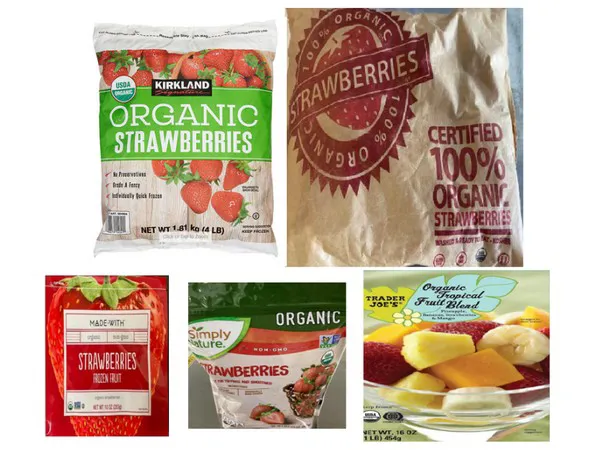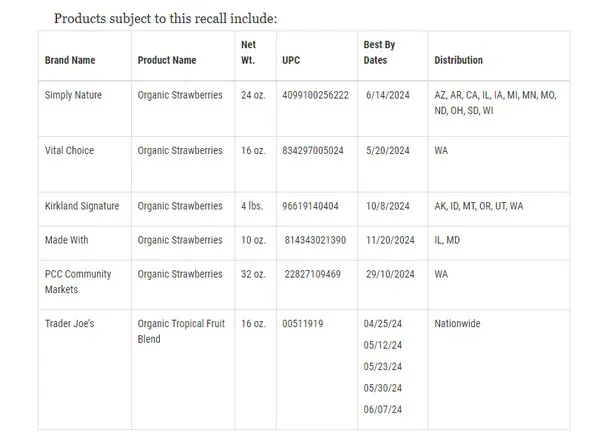A hepatitis A outbreak traced to frozen, organic strawberries continues, as do public health warnings about the implicated products.
Although the outbreak is progressing slowly, with nine patients across three states now, public health officials are concerned that consumers may continue to face a threat. The Food and Drug Administration and the Centers for Disease Control and Prevention are concerned that consumers may have recalled strawberries in their homes because of their long shelf life, which reaches into late 2024.

Based on epidemiological data collected by CDC, all nine confirmed patients reported eating frozen organic strawberries before becoming ill. There are likely unidentified infected people because some will not realize they have contracted the virus and others may not yet have symptoms. It can take up to 50 days after exposure for symptoms to develop.
In response to this investigation, California Splendor Inc. of San Diego, CA, has recalled certain lots of 4-pound bags of “Kirkland Signature Frozen Organic Whole Strawberries” that were sold at Costco stores in Los Angeles and Hawaii, and at two San Diego business centers.
Also, Scenic Fruit Company of Gresham, OR, has recalled frozen organic strawberries, sold to Costco, Aldi, KeHE, Vital Choice Seafood, and PCC Community Markets in certain states and to Trader Joe’s nationwide.

The retailer Meijer also issued a recall for Made-With brand frozen organic strawberries from certain market store locations.
“As this investigation is ongoing, additional products may be included. More information will be provided in this advisory as it becomes available,” according to an outbreak update from the FDA.
The strawberries in question have been found to have been imported by a common supplier from certain farms located in Baja California, Mexico.
“Additionally, the strain of hepatitis A virus causing illnesses this year is genetically identical to the strain that caused the outbreak of hepatitis A virus infections in 2022, which was linked to fresh organic strawberries imported from Baja California, Mexico, and sold at various retailers,” the FDA reported.
For more information: foodsafetynews.com
